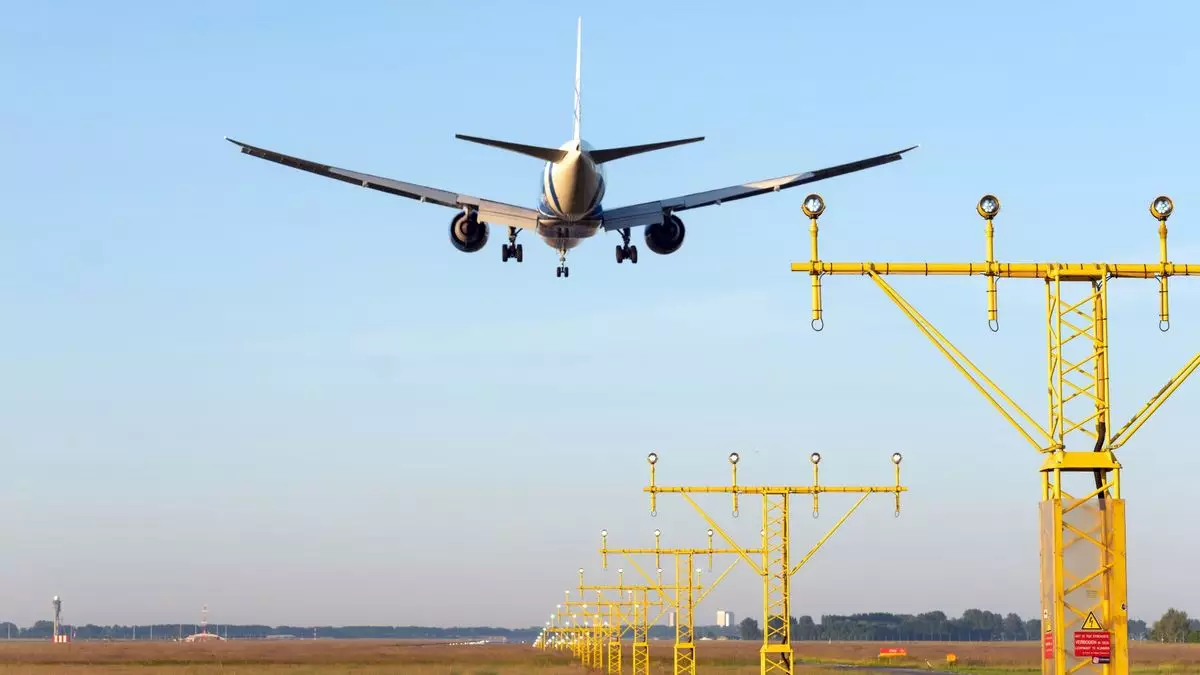Amsterdam’s Schiphol Airport recently made headlines with its announcement of a “limited reduction” in capacity in 2024. The decision comes after contentious plans to significantly cut the number of flights allowed from the airport were shelved due to pressure from various stakeholders, including the United States and European Union. Let us take a closer look at this development and its potential implications.
Schiphol Airport acknowledged the need for some relief during peak times “to allow for safe and stable operations.” With plans to provide capacity for 293,000 flights during the summer season of 2024, the airport aims to strike a balance between maintaining smooth operations and reducing congestion. This represents an increase of 13,000 flights compared to the original capacity reduction scheme. This move has been appreciated by airlines, including Netherlands flag carrier KLM, which sees it as an opportunity to continue its recovery from the challenging period during the pandemic.
The decision to reduce flights at Schiphol Airport was initially part of a broader effort to address the issue of noise pollution. However, these plans were put on hold after facing strong opposition. The Dutch government’s proposal included reducing annual flights from 500,000 to 460,000 by April 2024, with a further reduction to 440,000 flights planned for 2025. While noise pollution is a genuine concern for nearby residents, the suspension of these plans showcases the complexities involved in balancing environmental concerns with economic growth.
One notable aspect of Schiphol Airport’s latest capacity announcement is the collaboration between different stakeholders. Patricia Vitalis, executive director of operations at Royal Schiphol Group, emphasized the need for a joint effort from the entire aviation sector and government partners to ensure safe and convenient travel for passengers. Airlines have also shown their commitment to reducing peak traffic, with KLM vowing to do everything possible to operate the number of flights allocated to them. This collective commitment highlights the importance of maintaining stable and predictable operations for the benefit of customers and employees alike.
As Schiphol Airport moves forward with its capacity plans, discussions are underway between the independent slot coordinator and airlines. The focus of these talks is to assess how the number of flights can be reduced while minimizing disruptions. Specifically, efforts are being made to decrease the number of arrivals during morning peak hours. These ongoing consultations and negotiations indicate a commitment to finding practical and effective solutions that balance the needs of all parties involved.
The limited reduction in capacity announced by Schiphol Airport is a significant development with lasting implications. While it alleviates some pressure during peak times, it still allows for a significant number of flights. This decision underscores the need for adaptation and compromise in an industry that faces inevitable challenges, such as noise pollution and capacity constraints. As Schiphol Airport navigates the delicate balance between meeting demand and addressing environmental concerns, its ability to foster collaboration and explore innovative solutions will play a critical role in shaping the future of one of Europe’s busiest airports.
The recent capacity reduction announcement by Schiphol Airport signifies a shift in approach after controversial plans were put on hold due to external pressures. By prioritizing safe operations, collaborative efforts, and ongoing discussions, the airport aims to strike a balance between meeting demand and addressing environmental concerns. As the aviation industry continues to evolve, finding sustainable solutions that ensure safe and convenient travel experiences will be crucial. Schiphol Airport’s capacity decision serves as a starting point for future conversations and actions aimed at achieving this delicate balance.


Leave a Reply